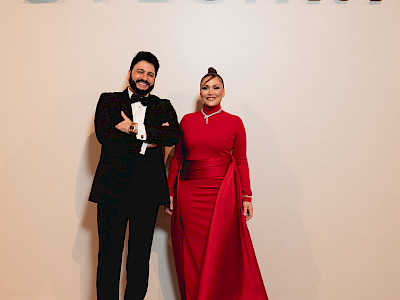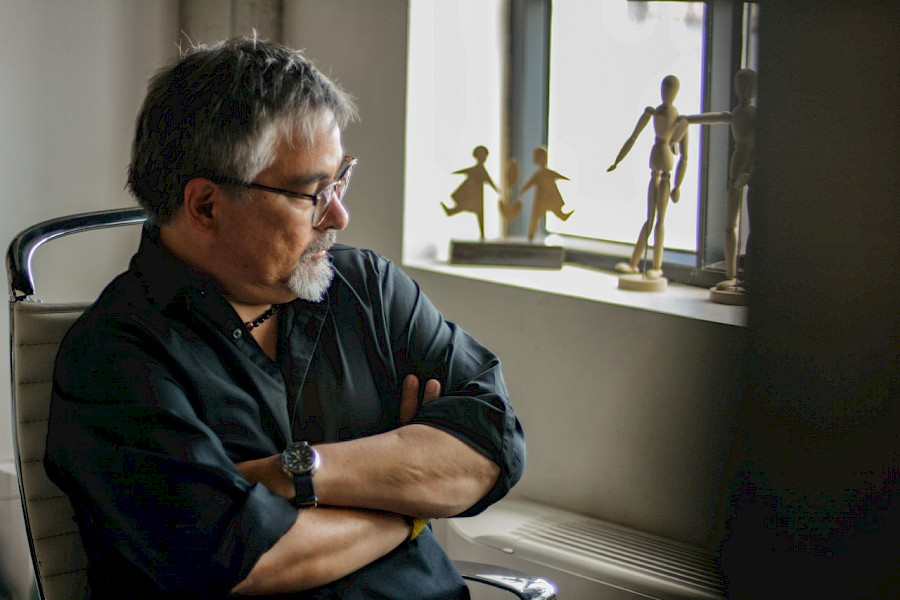
American futurist, psychologist and artificial intelligence specialist Alex Soojung-Kim Pang claims that in order to increase productivity, it is enough to work only four hours a day, and spend the rest of the time on leisure. His ideas are shown in the book "The Distraction Addiction" where he traces the evolution of human psychology in the digital era. Our conversation with Alex lasted for whole two hours: we talked about the future of mankind as a species, whether robots will replace us and how much it takes to rest to make it all on time.
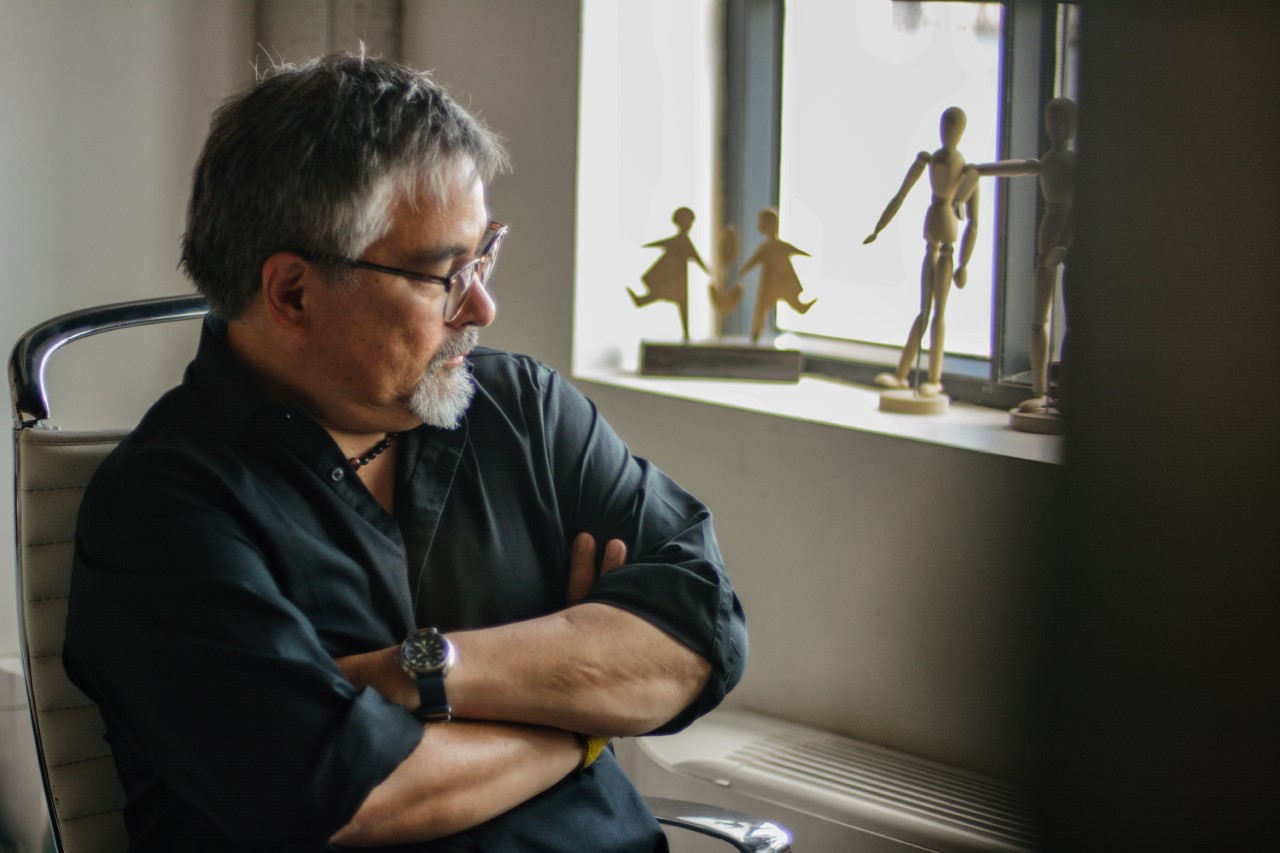
L.S.: In your book "The Distraction Addiction" you argue that a restless mind prevents the voice of God from being heard. It was one of the few times in a scientific book I encountered a reference to God written with a capital letter. Are you talking about God metaphorically or in a religious sense?
A.P.: For me, it has a metaphorical meaning. I'm not religious, though I'm from a religious family. However, my parents in due time moved away from religion, being disagree with its concepts. I think my book has been widely discussed in religious circles in the United States and Britain partly because now believers have to live in a digital age while maintaining a whole religious outlook. Clergy try to combine spiritual reflections, prayers and contemplation with the need to communicate with their flock through the Internet without losing spiritual connection with believers. Non-religious and faithless people can learn from them the abilities for focused reflection and whole world view. It's like learning from champions like Usain Bolt or Serena Williams. I'll never be able to play tennis like Serena Williams, but I can learn something from her.

L.S.: You talk about Internet addiction as an illness. Is there a need to declare this disease pandemic, as it has actually become widespread?
A.P.: I think so. I think it is necessary to distinguish between technologies, for example, the Internet items, which objectively make life better, and the spread of various online services created to attract and monetize our attention. Some believe that the expansion of the Internet, Facebook or Twitter does not affect us, as do street signs, maps and other things that surround us in everyday life. But the difference is that street signs are not used by anyone for commercial purposes. Owners of social networks and other online services try in every way to keep users online as long as possible, try to sell some products, influence public opinion. And finally, the more people use technology, the more these technologies affect cognitive abilities, just as a million years ago, the use of labor tools affected our physical abilities, such as changing the texture of our hands. We've always used technology to get smarter, stronger, richer. I think the ability to maintain this attitude towards technology in an era when something different is wanted from us, and is the main challenge with regard to modern devises.
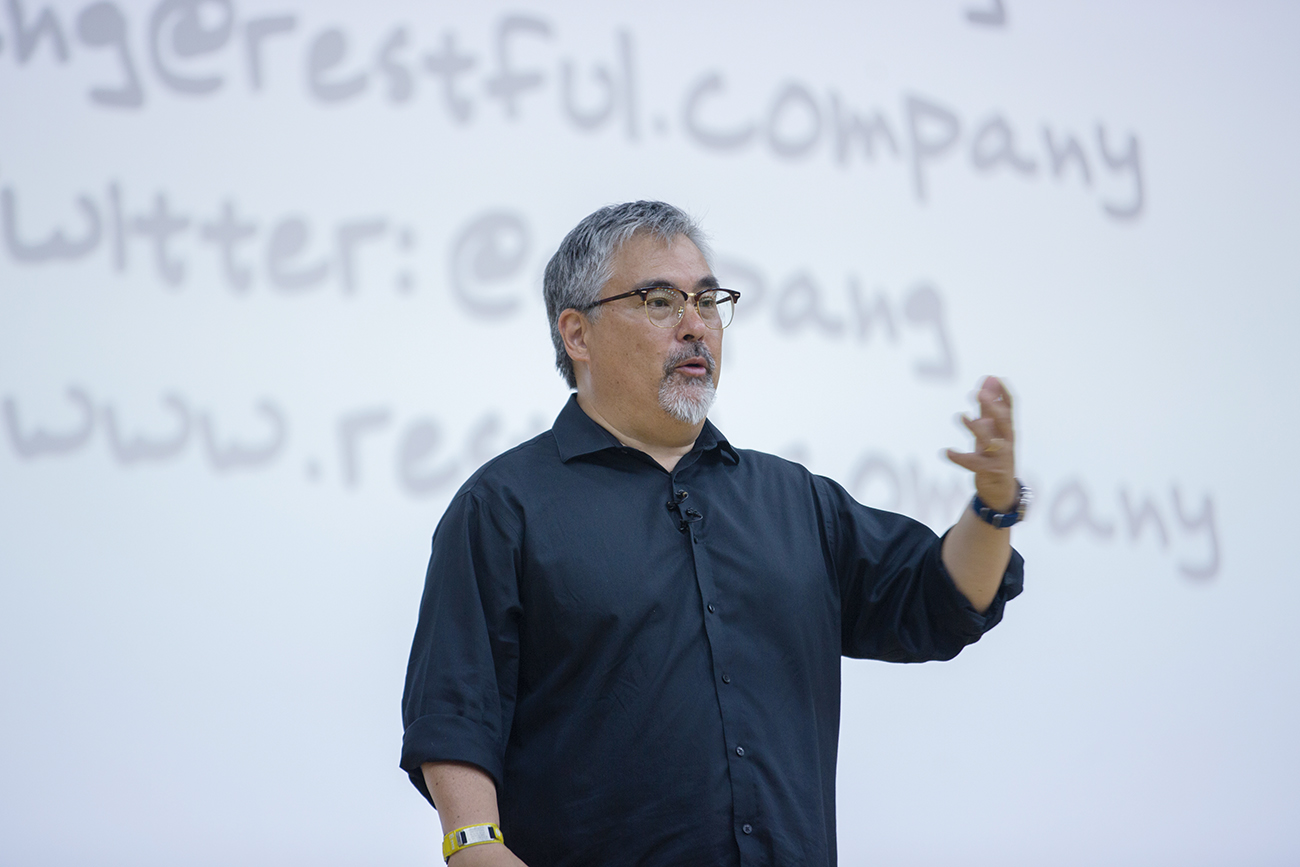
L.S.: You say a person is physically reborn using technology. Does this mean that a person will turn into some other, unknown yet biological species? Can and should this process be stopped?
A.P.: In practice, this is impossible. The only question is what alternatives we have in the direction of this process and what we want to become in the future. We are at a stage where the possibilities of digital technologies in terms of changing our preferences, thinking and ability to act collectively are clear. The question now is who will be able to control the use of technology in the future. This includes the so-called right to digital oblivion, which is part of a greater discourse about human transformation in the future. Personally, I treat the future with cautious optimism. I think we can make more informed and better choices than we do today.
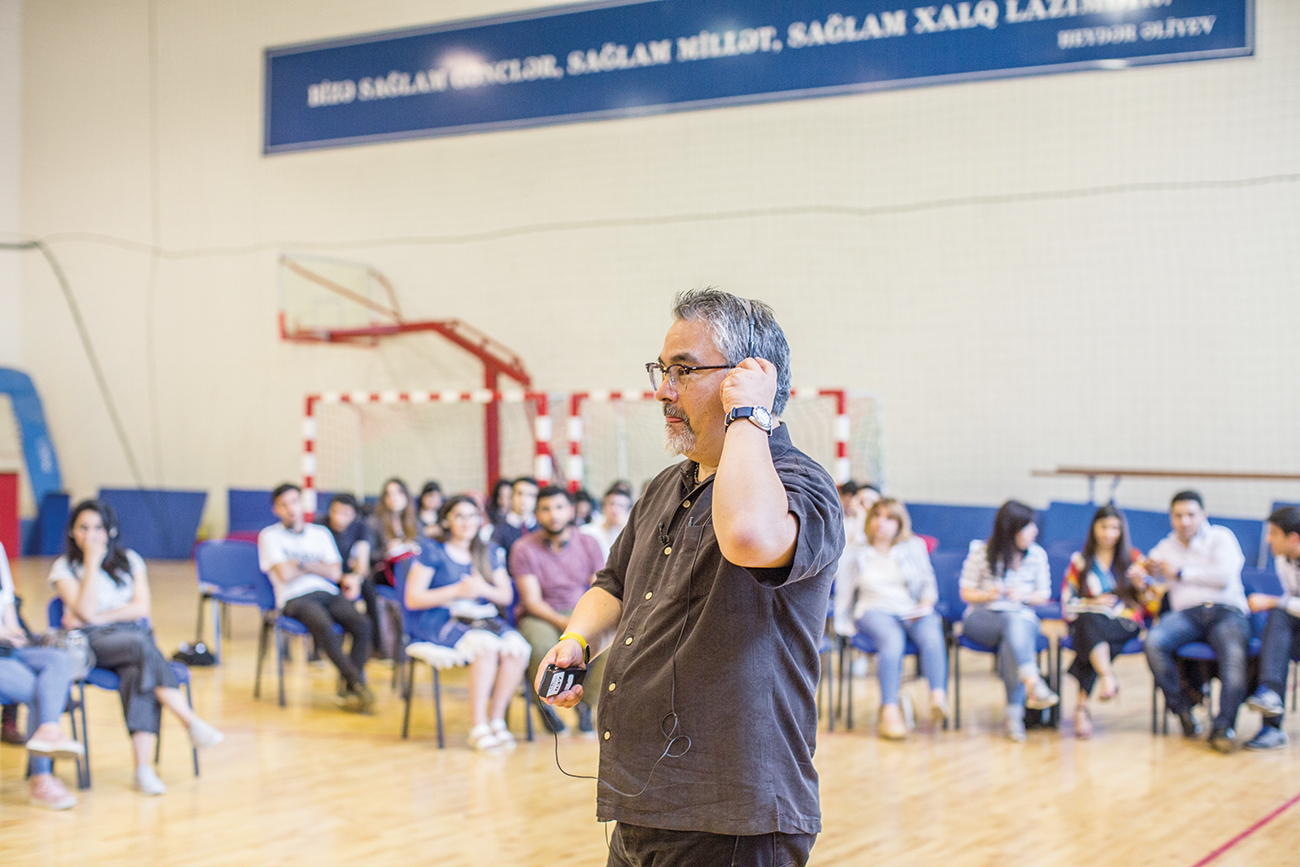
L.S.: Unfortunately, I am rather pessimistic about such forecasts. Korean scientists have introduced the professional psychological term "digital idiocy", speaking about the emergence of degenerative processes among people. Can they be reversed back?
A.P.: I think problems with Internet addiction will continue to exist in the future similar to problems with gambling among some people. The challenge is to stop using technologies that affect user behavior. Now Facebook, Twitter and Instagram use techniques of game companies to keep users online. The question now is how much companies will be allowed or prohibited from using such techniques. We're thinking about digital rules. Korea is a good example, as the Internet was spread there earlier than in other countries, and the amount of restrictions was low. Both positive and negative aspects are clearly visible here. In Silicon Valley, many people got rich on such techniques and technologies and object to their restriction, claiming that they do not impose them on anyone. However, in practice, for example, there is an increase in accidents due to the use of smartphones when driving. And even in technology corporations, there is a growing understanding that the situation needs to change, otherwise they will face legal problems and prohibitions.

L.S.: In your book you give recommendations to people who decided to abandon digital addiction. I think these tips are more suitable for the twentieth-century generation that faced internet addiction in adulthood. Will these recommendations be effective for millennials born after 2000 who have a personality structure deformed by this addiction?
A.P.: I think the differences between millennials and previous generations are overestimated. Differences in attitudes towards the Internet are more due to age than generation. Growing up, people change behavior on the Internet, I think that will be the case with millennials. Besides, I see something interesting about my kids. They have a great circle of communication online, but they understand very well how online messaging and video games try to manipulate them. The fact that millennials live in a digital era gives hope that some of them will be able to confront its negative aspects more successfully than their older friends or parents.
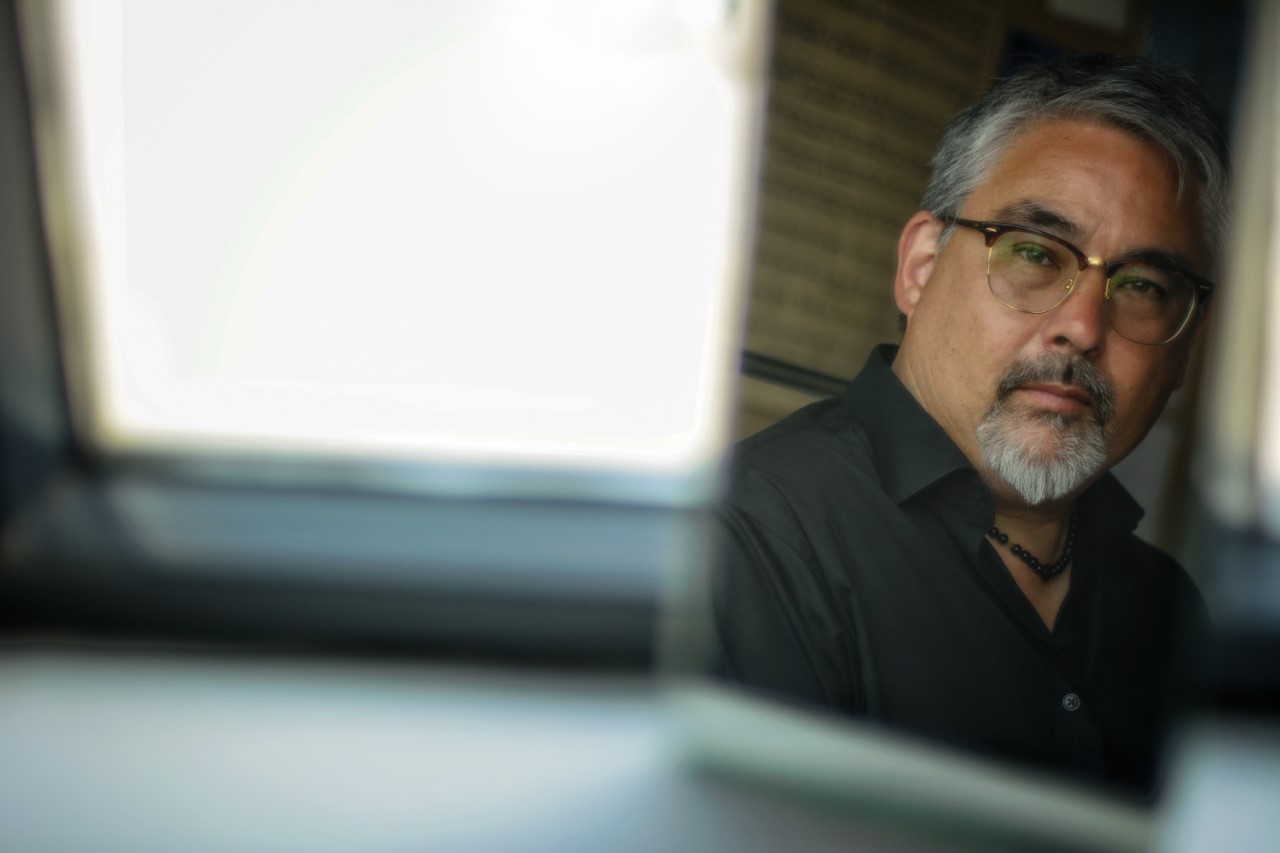
J.G.: You are the owner of the consulting firm Restful Company, and you also cooperate with Stanford University. In addition, you are widely known in the world of high technology for your innovative and paradoxical concept of productivity improvement called thoughtful rest. Can you briefly talk about your theory?
A.P.: Everything is quite simple. Work and recreation should not interfere with each other, on the contrary, they are complementary in any sphere. Rest helps in the process of creativity. And the forethought is in structured time and allocating hours for leisure, when the brain subconsciously continues to look for the right solutions. Similarly, athletes alternate training with rest, which increases muscle tone and reduces the risk of injuries. The same applies to pilots, police officers, actors. That is, it is possible to structure your day so as not only to recover from work, but also to increase the productivity.
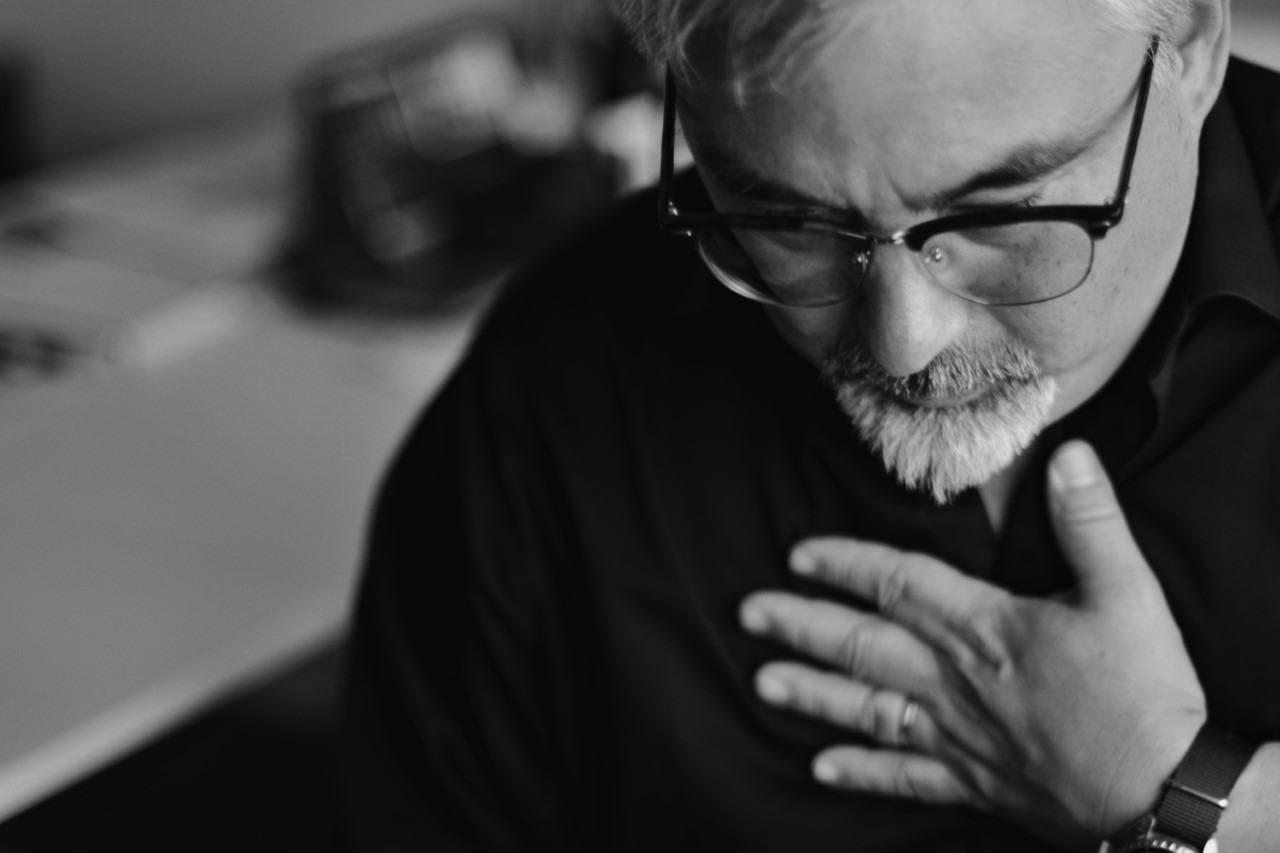
J.G.: What motivated you to study recreation issues as a factor of labor productivity?
A.P.: For me it was an individual experience. For the past twenty years, I've worked in Silicon Valley doing forecasting and consulting. The work was interesting, but I often burned out and felt I could have done more. I was lucky enough to do research for Microsoft in Cambridge in Britain. Surprisingly, I was less tired there than usual. Then I thought that perhaps our idea of the need for hard work was wrong. I began to study the lives of successful mathematicians, composers, etc., and it turned out that their way of life was similar to my schedule at Cambridge. They fully focused on work for several hours, and then rested equal intervals of time. In a number of studies on neurology and the psychology of creativity, I have found physiological explanations for patterns of effective work. Thus, all elements developed as pieces of a puzzle into a single theory of thoughtful rest and effective work.
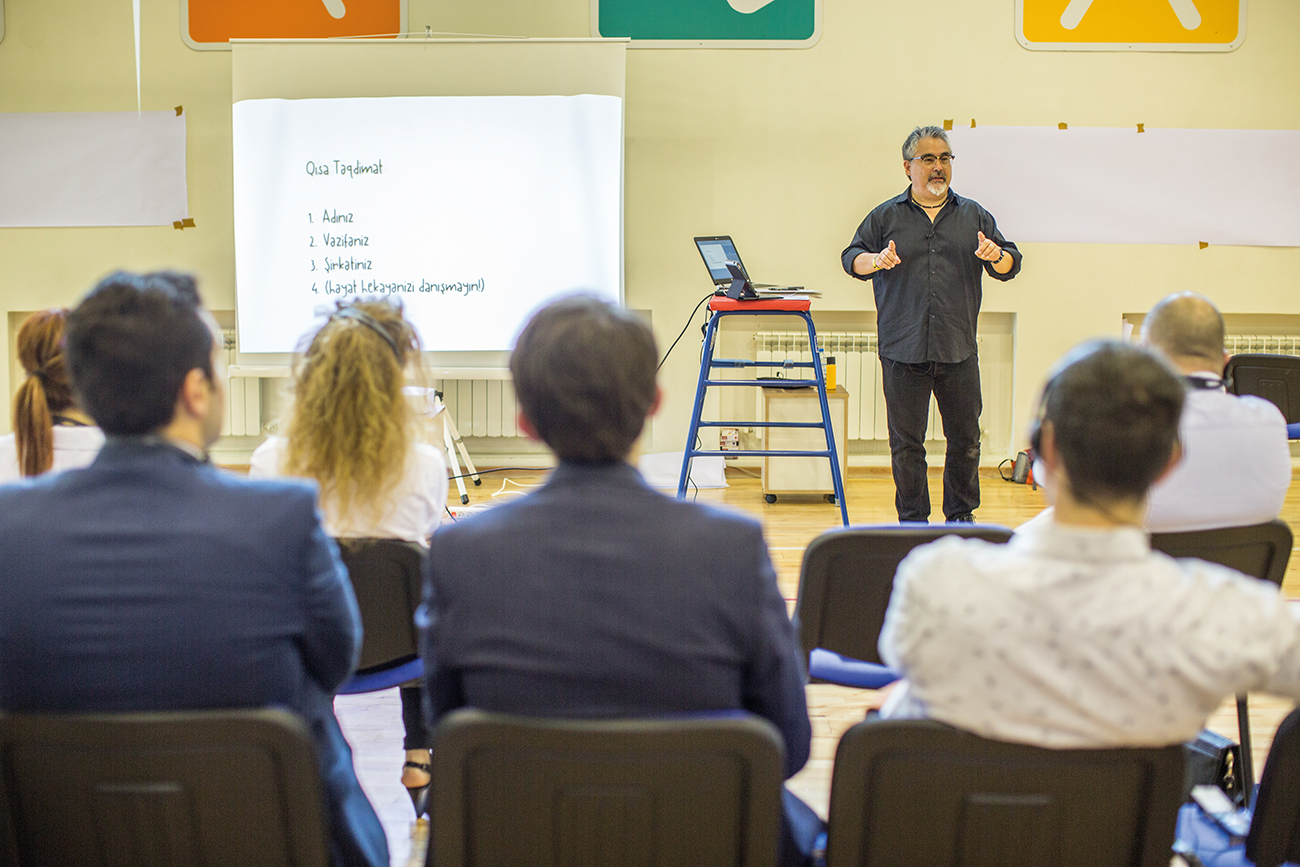
J.G.: In your publications you describe factors of productivity increase - walks, short breaks for sleep during the day, termination of work at the right moment and healthy sleep. And what do you think of people like Winston Churchill, how does their lifestyle fit into your theory?
A.P.: People are different, as are types of creativity. My book is for most people, but not everyone. As for Churchill, he was known for his non-sports lifestyle, love for cigars and whisky. But he took his hobby very seriously, especially painting. The people I talk about in my book were very ambitious and spent a lot of time on their hobbies. It's no accident because the hobby brought them the same moral satisfaction as the job, just in a different context. In addition, it was in something similar to work. For example, Churchill found in painting what he loved in politics - a clear vision of the goal and the ways to achieve it, the need to work within a short deadlines with the available resources. In addition, Churchill's example shows that it is not necessary to follow all the rules of effective rest, it is enough to follow to one or two of them.
J.G.: The Western proverb says that "time flies", it is believed that in the West people work more than rest. On the contrary, in the East, time goes slowly, as does work. Does the perception of time in different cultures affect productivity and, if so, how?
A.P.: When we are consumed by work, the perception of time changes, time seems to stop. The ability to perceive time has a particular impact on productivity. In addition, the sense of free time helps to increase productivity. In Southern California, for forty years, they investigated the activities of scientists at the University of California and other prestigious universities. Among their alumni and professors were four Nobel laureates, other distinguished personalities, and simply middle-class scholars. The difference between successful specialists and average was that the first did not feel under pressure of time. They were seriously into different types of leisure. The second group constantly complained about lack of time. As for culture, I have lectured in Europe, Asia, Australia. I was told everywhere about time deficit. Of course, my impressions are not representative, but I think globalization, the spread of 24/7 services has brought a sense of constant lack of time to culture. I hope that there are places in the world that can serve as an example of rational attitude to time so that we can change the patterns of behavior characteristic, for example, of the United States, where unlike France and other countries of Europe, people constantly in a rush to somewhere.
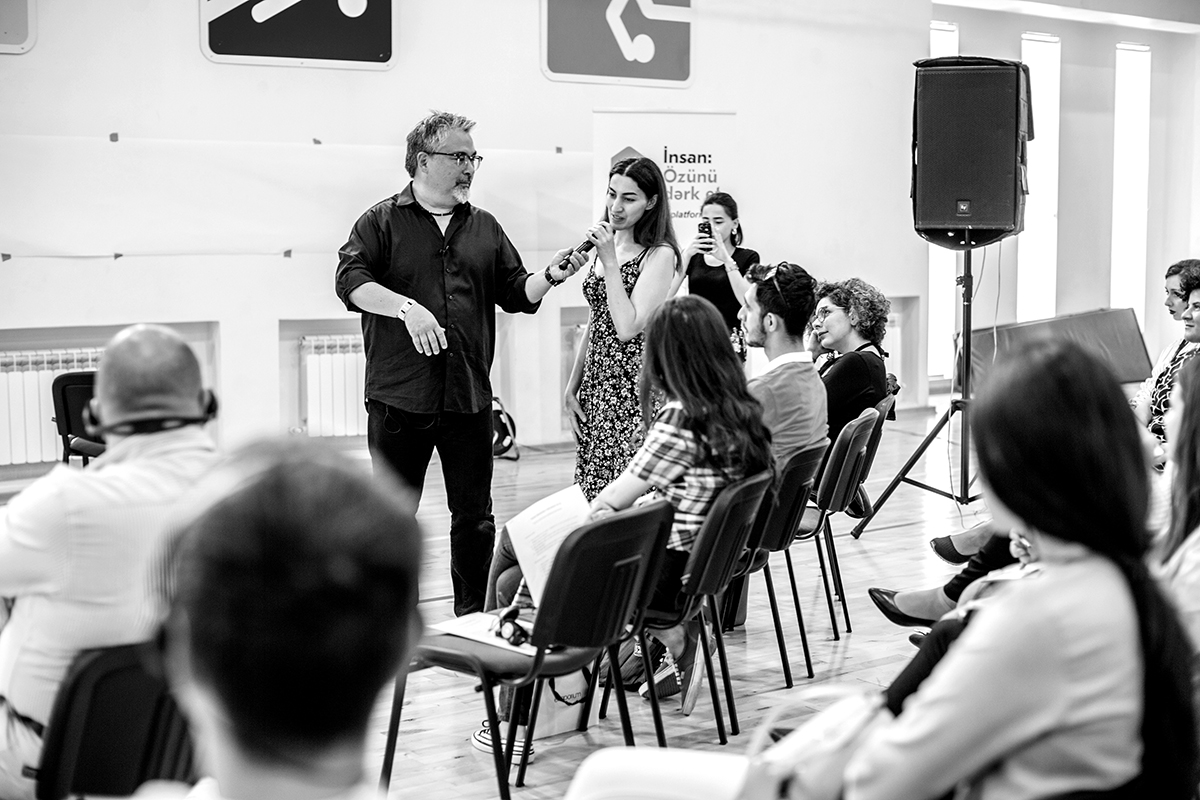
J.G.: You worked as a research director at the Institute for the Future and as a consultant at Strategic Business Insights. What do you think are the prospects for world development for the next 20-30 years? Will the world become more globalized and secure, or will there be an era of nationalism, armed conflicts and deteriorating of social conditions, because today there are trends of both?
A.P.: We will not be mistaken if we say that both trends will continue, as the world is quite large and complex. I treat this issue with cautious optimism. I think the dangerous processes of ultranationalism will go down in the coming years. The spread of the Internet of things, social networks, new technologies can significantly improve life if they are properly developed and applied. A scenario in which robotics will cause significant unemployment and social tensions is not excluded. Or, on the contrary, technology will make it possible to distribute economic benefits more fairly, leading to sustainable development and reducing various threats, such as moving away from the edge of environmental disaster. So I think we have the opportunity to make the world a much better place, and we have enough knowledge and intelligence to do that. A lot depends on the authors and owners of new technologies, their goals and intentions. For the past decade, we have seen the negative consequences of their enforcement. In a world of interconnected technologies that directly affect people's lives, positive goals and intentions are very important. I think it's time for us to get smarter. Otherwise, our descendants will have serious problems. But I hope that we will be able to avoid such a development and in the future mankind will have less important existential problems.
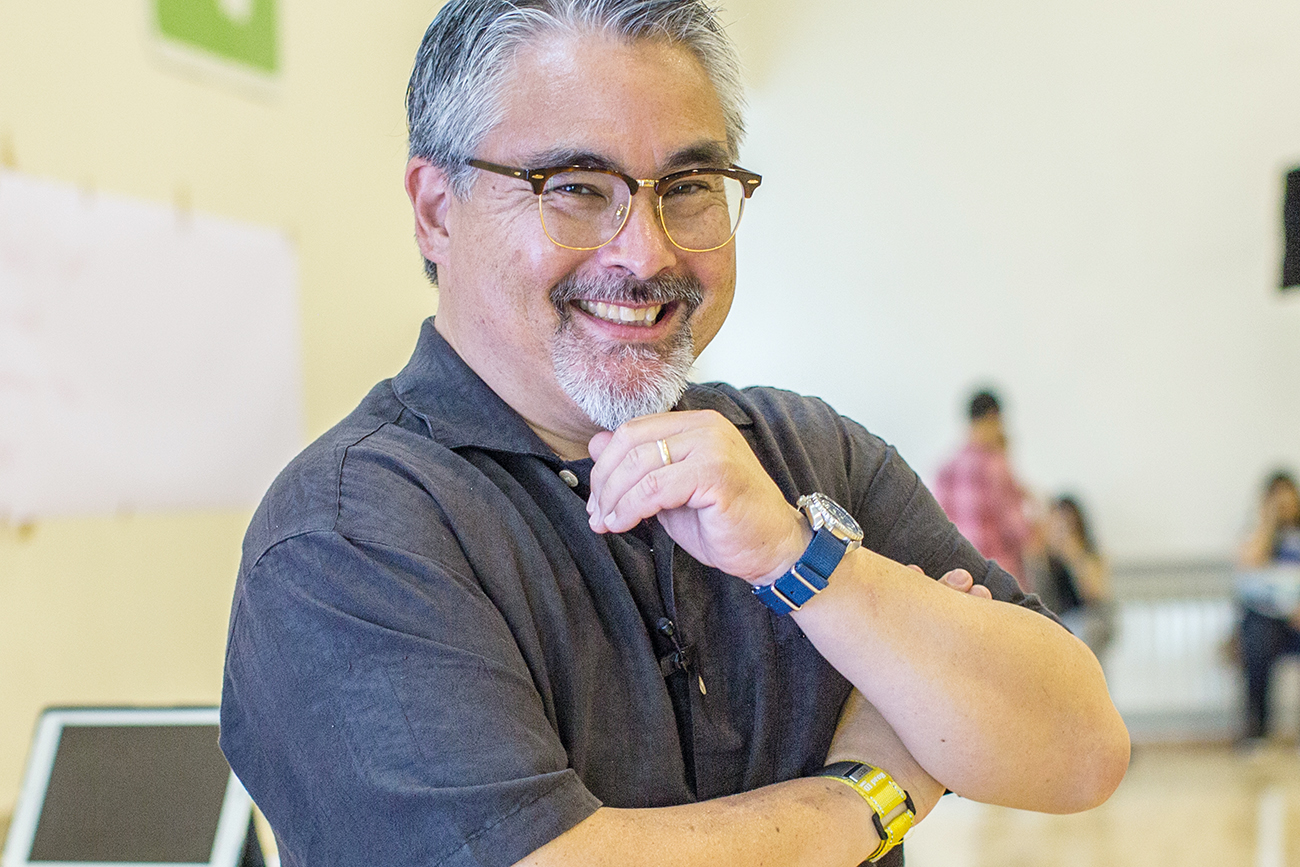
J.G.: What do you think about the prospects of labour robotizzation, how it will affect employment and what social and cultural consequences will it have?
A.P.: No matter how Marxist it sounds, in the field of robotics it is important who controls the means of production. One can imagine a future in which robotics belongs to a minority - people like Jack Ma, Jeff Bezos, Mark Zuckerberg, and most are deprived of their jobs. It is also possible to make sure that robots do not compete, but complement human abilities and skills, or that ordinary people own robots. For example, UBER is considering the possibility of creating self-driving taxis to avoid using taxi drivers. But if self-driving taxis belong to the taxi drivers themselves, and they rent them to UBER, they will not lose their jobs, but become managers. Under such system, small entrepreneurs will stand out among taxi drivers. It all depends on who owns the robots and benefits economically from their use. Regarding the cultural aspect, many will like robots, which, for example, do laundry or wash dishes. For example, already now Daimler-Benz Corporation uses devices like exoskeletons, which makes it easier for its employees to work. Such hybrid systems will allow people and robots to work together. Will it change us as people? Yes and no. Historically, we have long interacted with technologies that empower us, and are very pleased with that. For example, when bicycles appeared in 19th century, everyone was thrilled with them. In the newspapers wrote about some kind of "conquest of time", acceleration of the pace of life. So I think if we develop technology in this direction, our lives will get better, and we will only benefit from it.
Interview by Leyla Sultanzadeh, Javidan Guliyev
Photo: Leyla Sultanzadeh, press materials



